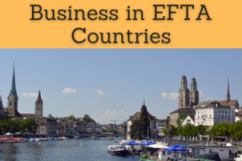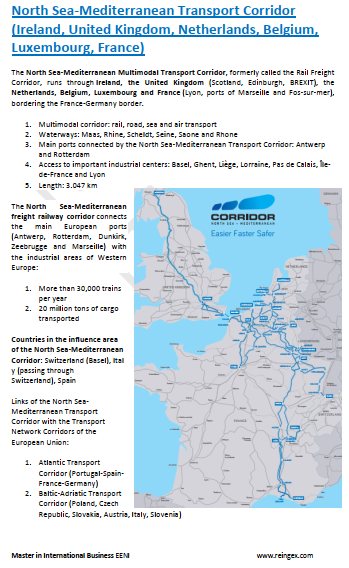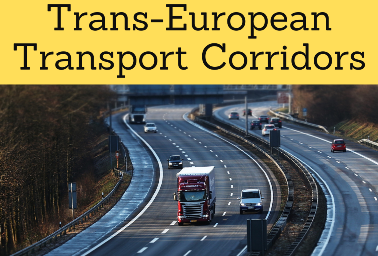Regional Cooperation Council RCC Europe, Turkey
South-East Europe Transport Observatory (Regional Cooperation Council)
The objective of the Regional Cooperation Council is to promote economic cooperation in the region
- The Regional Cooperation Council is the successor of the Stability Pact for South-Eastern Europe.
The Regional Cooperation Council focuses on regional cooperation promotion and enhancement in South-east Europe and encourage the European and Euro-Atlantic economic integration and International Trade.
- Introduction to the Regional Cooperation Council (RCC).
- Formerly: Stability Pact for South-Eastern Europe
- Functions and Organization of the Regional Cooperation Council
- Economic and Social Development
- South-East Europe Transport Observatory
- South-East European Cooperation Process
The educational aims of the Subject “Regional Cooperation Council” are:
- To understand the purposes and functions of the Regional Cooperation Council
- To assess the cooperation processes (transport, economic, and social development) in South-East Europe

The Subject “Regional Cooperation Council (RCC)” is included within the curriculum of the following academic programs at EENI Global Business School:

Masters: International Business, Foreign Trade.

Languages:  or
or  Consejo de Cooperación Regional
Consejo de Cooperación Regional  Conseil de coopération régionale
Conseil de coopération régionale  Conselho de Cooperação Regional.
Conselho de Cooperação Regional.

Regional Cooperation Council (RCC).
The Regional Cooperation Council (RCC) identifies that the consolidation of successful market economies supported by the social systems represents a Barriers for the South-east Europe development.
The Regional Cooperation Council encourages the Central Europe Free Trade Agreement (CEFTA) and will continue to supply assistance.
Members of the Regional Cooperation Council: Albania, Austria, Bosnia and Herzegovina, Bulgaria, Canada, European Council, European Development Bank, Croatia, Czech Republic, Denmark, European Bank for Reconstruction and Development, European Investment Bank, the EU, Germany, Finland, France, Greece, Hungary, International Organization for Migration, Ireland, Italy, Latvia, Moldova, Montenegro, North Atlantic Treaty Organization, Norway, Organization for Economic Cooperation and Development, Organization for Security and cooperation in Europe, Poland, Romania, Serbia, Slovakia, Slovenia, South-east European Co-operative Initiative, Spain, Sweden, Switzerland, Macedonia, Turkey, UK, UN, United Nations Economic Commission for Europe, Kosovo, U.S., World Bank.


(c) EENI Global Business School (1995-2025)
Top of this page










 WhatsApp
WhatsApp